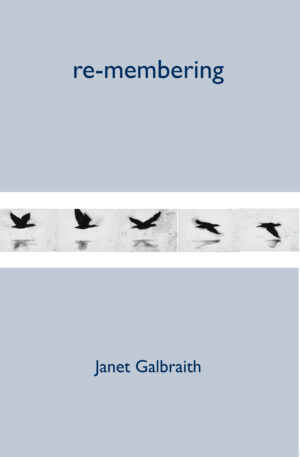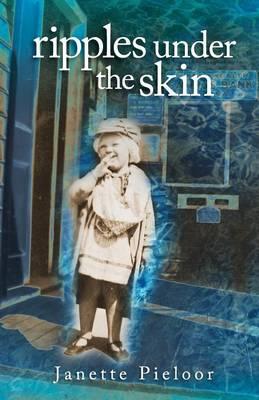Description
Launched 4:00 pm 20th July 2013 by Glen Phillips at Perth Poetry Club, Perth.
Johnson’s poetic voice has an exacting edge to it, demanding our attention, inciting unease. The cool polish of the surface tension, the glint of something barbarous rising from the depths.
Jennifer Compton
As with her previous books, the work in Stone, Scar, Air, Water. . . exposes a wide variety of sources to the processes of the poem. There is a new emphasis on lyrics which deal directly with her own experience, but there are also poems which display an ongoing fascination with female characters who are both courageous and vulnerable. Compared to her earlier work, there is also a new sombreness. Two key sequences – “Michelangelo’s Daughter”, which deals with child abuse, and “Wolf in Sheep’s Clothing”, a meditation on the coming of the Europeans, and on the damage of applied perspectives, deal with situations which are broken, and unresolved. Many of the poems about Ireland broaden that doubt about our capacity to effect benevolent change into the whole world of ancestries and endings. Assured in its use of images, deft in its management of ideas and always curious, this volume registers a resonant change of direction for a probing and accomplished poet.
Martin Langford




